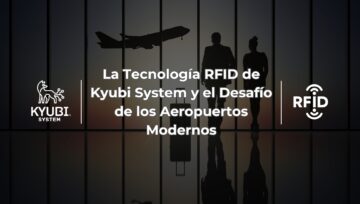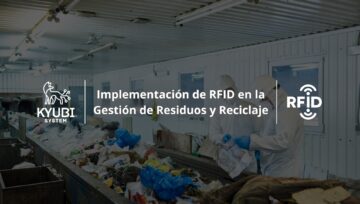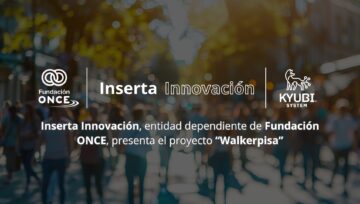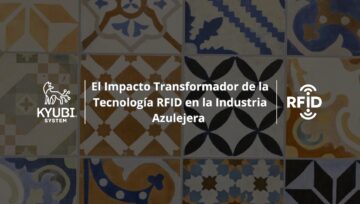In a world where precision and efficiency in the healthcare sector are not optional, RFID (Radio Frequency Identification) technology stands as the perfect ally for hospitals and medical centers looking to optimize their operations and improve patient safety. Did you know that RFID solutions can reduce medical errors by up to 40%? Keep reading and discover how this technology can transform healthcare management.
What is RFID and Why is it Key for the Healthcare Sector?
RFID is a technology that uses radio waves to identify and track objects or people in real-time. In the healthcare sector, it is applied to manage everything from medication inventories to tracking patients, medical equipment, and biological samples.
Main advantage: It provides traceability and full control, reducing human errors and optimizing resources effectively.
5 Reasons Why RFID is Changing the Game
1. Perfect Traceability for Patients and Medications
With RFID wristbands, hospitals can instantly track patients, ensuring they receive the right treatment at the right time. Additionally, this technology ensures that medications and transfusions are administered safely.
Click here to learn how RFID reduces medical errors by 40%.
2. Intelligent Inventory Management
How many times are medications or essential equipment lost in a hospital? With RFID, you can:
- Track inventories in real-time.
- Avoid losses and optimize restocking.
- Reduce operational costs by up to 30%.
Learn how to implement this solution in your hospital here.
3. Security and Control in Blood Banks
RFID ensures that every unit of blood is tracked from donation to final use, guaranteeing it is stored and administered correctly. This not only increases security but also strengthens patients’ trust in the system.
Learn more about how RFID improves traceability in blood banks.
4. Optimization of Medical Assets
Did you know that hospitals lose thousands of dollars a year due to poorly managed equipment? RFID allows you to:
- Locate expensive equipment instantly.
- Manage the lifecycle of medical devices.
- Increase operational efficiency.
Learn the 5 key benefits of RFID for medical assets here.
5. Improving the Patient Experience
RFID technology not only optimizes internal processes but also improves the user experience:
- Reducing wait times.
- Ensuring personalized care.
- Improving the perception of care and safety.
Discover how your hospital can stand out with RFID.
Why Should You Implement RFID Today?
The healthcare sector is constantly evolving, and those who adopt RFID now will be one step ahead in the race toward digital transformation. This technology not only reduces costs but also enhances patient safety and confidence in healthcare services.
A Safer Future with RFID
In a sector where precision and efficiency are critical, RFID is leading the change. This technology not only transforms how resources are managed but also redefines patient safety and experience.
Ready to implement RFID?
Explore more about our RFID solutions here www.kyubimedical.com

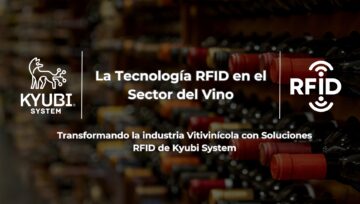
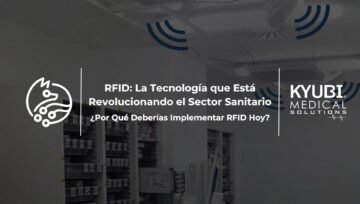
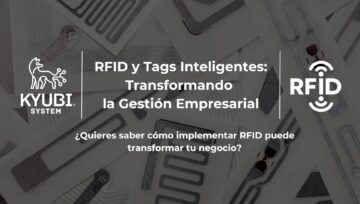
 Passive Tag | Kyubi System
Passive Tag | Kyubi System Active Tag | Kyubi System
Active Tag | Kyubi System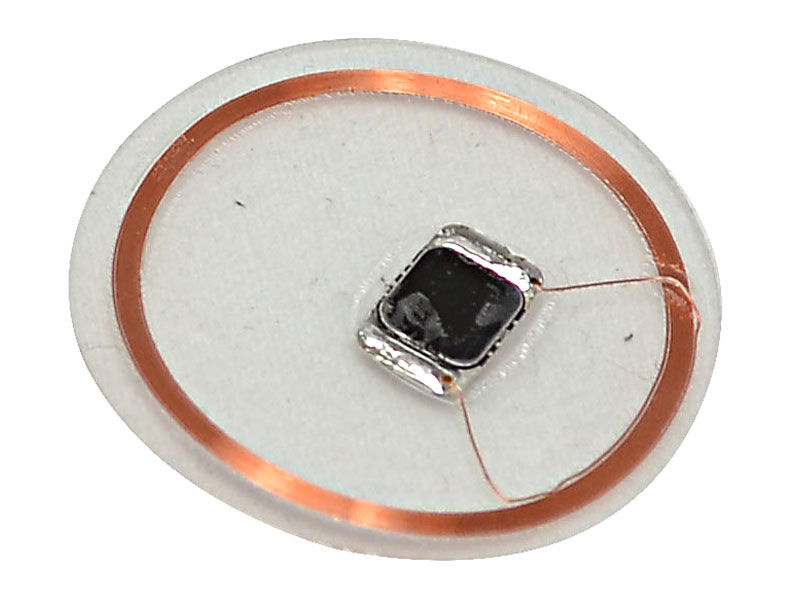
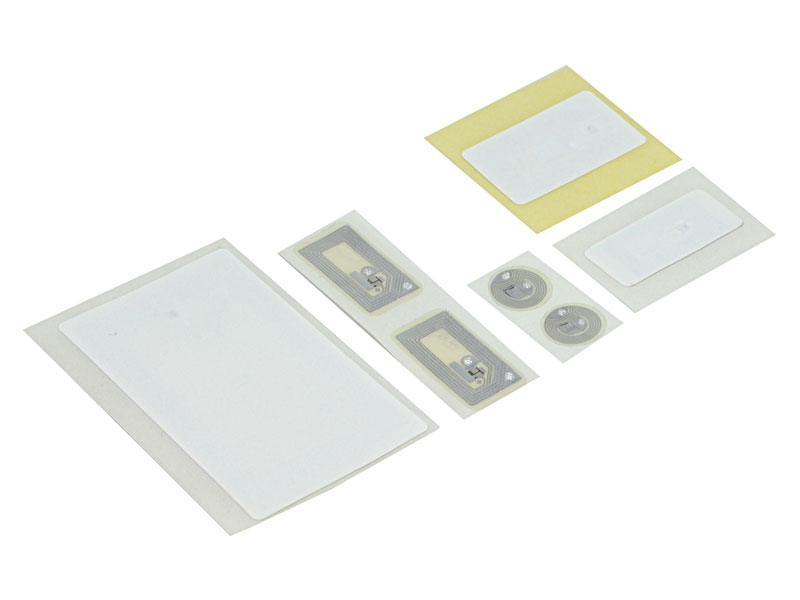
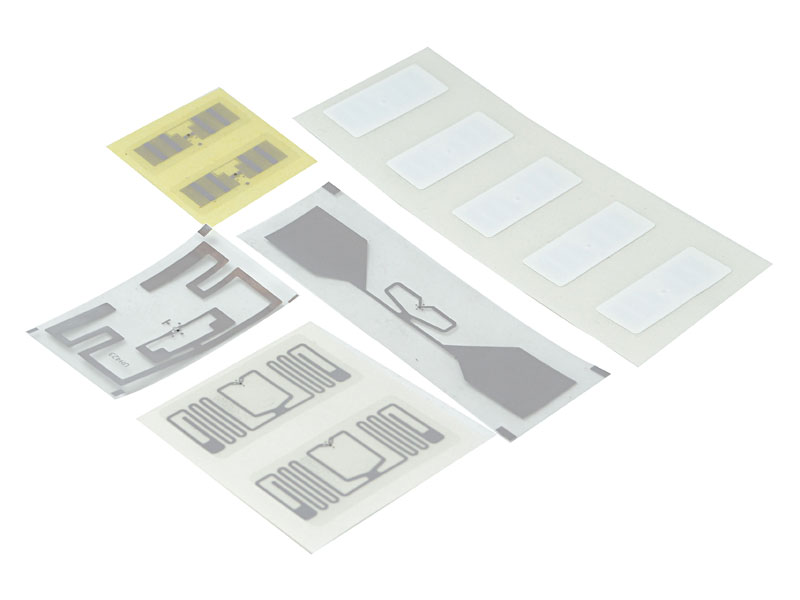
 Frequency Differences
Frequency Differences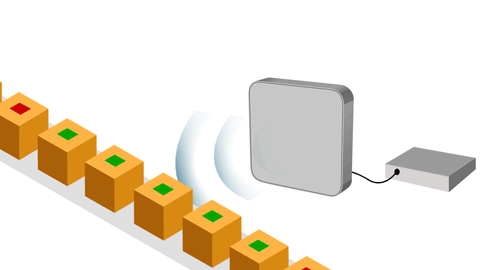 Process Automation
Process Automation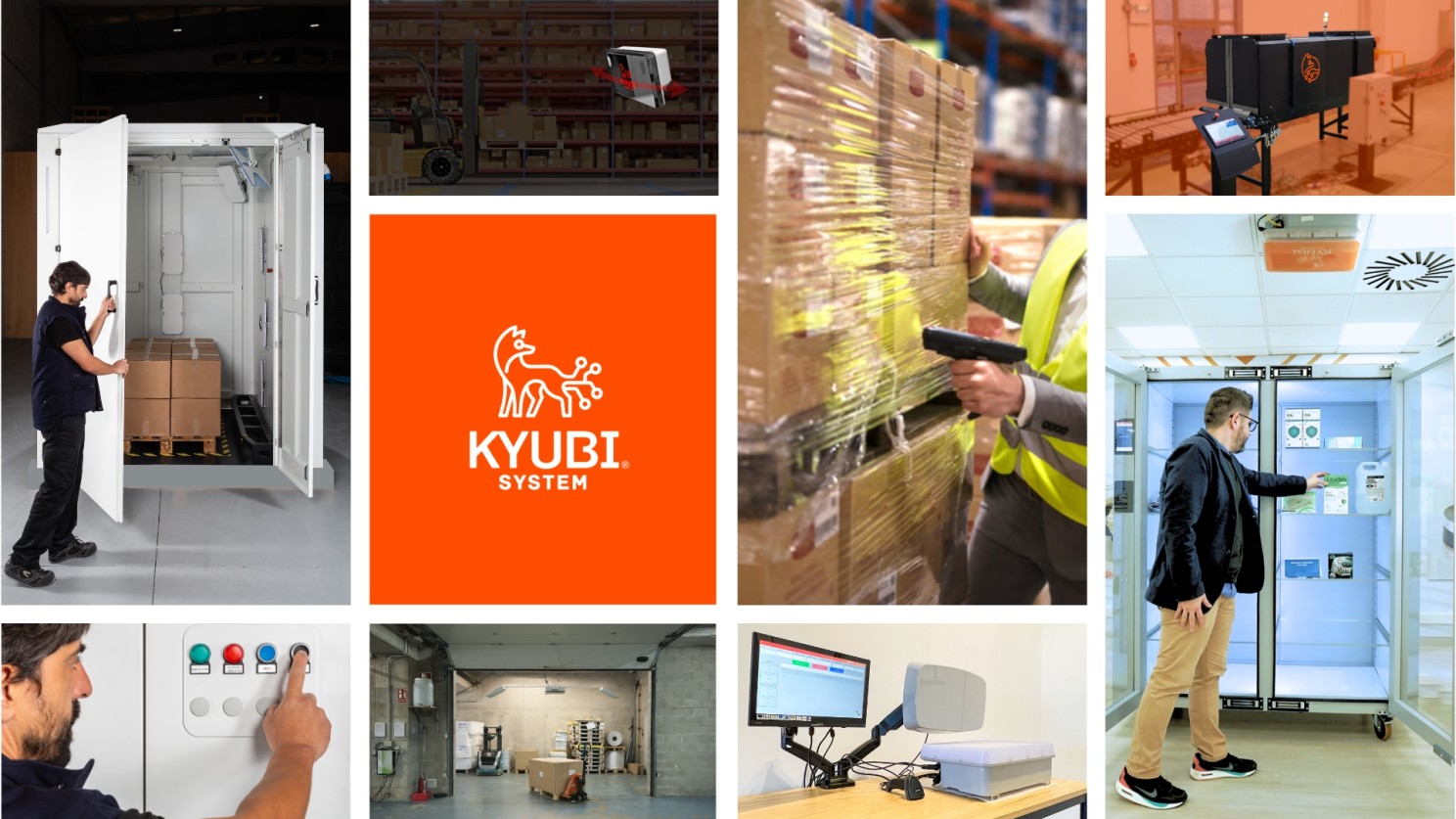 Our Solutions
Our Solutions

